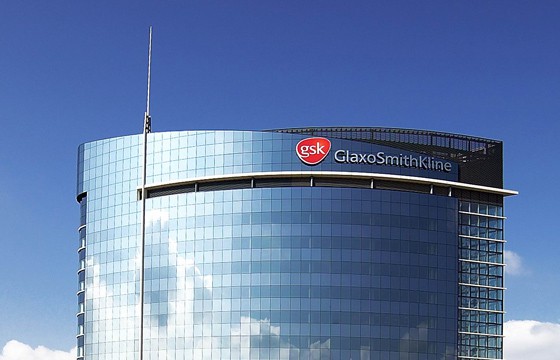 GlaxoSmithKline (GSK) will make a series of research and manufacturing investments in sub-Saharan Africa that include expanding its open source research project to target non-communicable diseases (NCDs).
GlaxoSmithKline (GSK) will make a series of research and manufacturing investments in sub-Saharan Africa that include expanding its open source research project to target non-communicable diseases (NCDs).
The company’s plans will also see it invest up to £130m in its manufacturing presence in the region over the next five years, building new factories and creating at least 500 jobs.
Andrew Witty, GSK’s CEO, said the company’s long-term goal is “to equip Africa to discover, develop and produce the medicines required for Africa”.
Speaking at the fifth EU-Africa Business Forum in Brussels he added: “Now is the moment for business to play a more active role in contributing to a more prosperous future in Africa, investing in infrastructure, building skills and capability to unlock human potential and create jobs.”
Building on its Open Lab in Tres Cantos, Spain, GSK will invest £25m to create a new Open Lab for NCDs in Africa, giving independent researchers access to GSK facilities and resources to help them advance their own research projects into diseases such as malaria and tuberculosis.
In setting up a new Open Lab GSK will support training and education for African scientific researchers and instil “a deep vein of ‘African thinking’” within its R&D organisation.
GSK’s plans will also see it invest up to £100m to expand its existing manufacturing capabilities in Nigeria and Kenya and build up to five new factories, with locations in countries such as Rwanda, Ghana and Ethiopia under review.
The new facilities will be built to good manufacturing practice (GMP) standards and make locally relevant products, such as antibiotics and respiratory and HIV medicines (on behalf of its ViiV Healthcare joint venture with Pfizer and Shionogi).
GSK will then establish up to 25 academic chairs at local African universities in areas such as pharmaceutical sciences, public health, engineering and logistics to support the scale-up of domestic manufacturing and supply.
The company will also work with charities to help train and upskill 10,000 community healthcare workers across Kenya, Ghana and Nigeria under the umbrella of the UN-led One Million Community Health Worker campaign.
Finally, GSK will create a series of regional supply hubs to improve and simplify its supply chain by helping to reduce stock shortages and, though local supply partnerships, enabling more GSK products and medicines to reach under-served rural communities in Africa.




